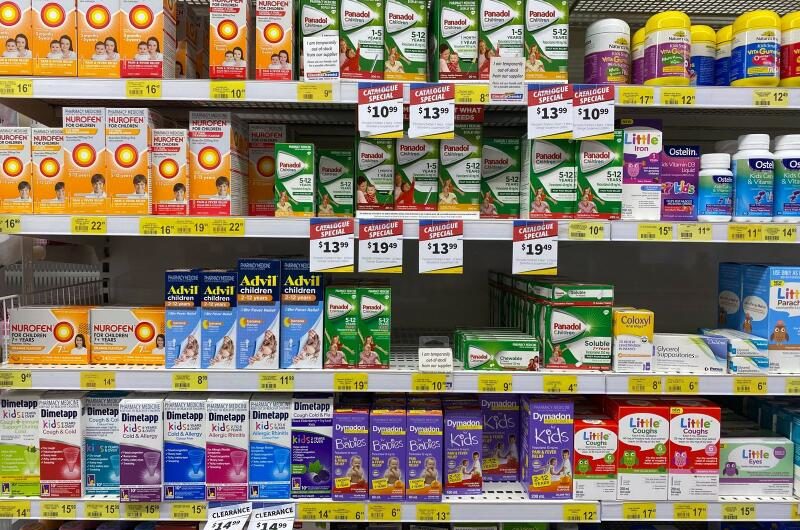South African Pharmacy Council has slammed looting sprees that have targeted pharmacies, amongst other establishments, in KwaZulu-Natal and Gauteng, warning residents against buying medicine which could be stolen.
As of Wednesday the council had received reports from both provinces that more than 90 pharmacies had been destroyed and looted beyond revival, with KwaZulu-Natal being the hardest hit, chief executive Vincent Tlala said in a statement.
“Among the looted items are Covid-19 vaccines and scheduled medicines, which when used without proper pharmacist counselling on storage and dosage may result in harm to one’s health,” he said.
“As such, we urge those who looted these medicines and health products to not use them or give to other persons but rather return them to their nearest pharmacy for proper disposal.”
Tlala expressed concern over the loss of pharmaceutical care that affected areas would experience as a result of the temporary and, in most cases, prolonged closure of pharmacies as most of them were independently owned.
“We are further disappointed at the possible loss of employment and livelihoods for pharmacists and support personnel employed by the affected pharmacies,” he said.
“We call on South Africans to refrain from destructing healthcare infrastructure or disrupting health care services for any reason. Such actions reverse the difficult gains we have made in increasing the accessibility of health care services to previously under-served communities in our country. It also puts the lives of citizens in these communities at risk.”
On Wednesday, Minister of Defence Nosiviwe Mapisa-Nqakula said the government had pushed the number of soldiers deployed on the ground in KwaZulu-Natal and Gauteng to 25,000, to quell the wave of rampant looting and vandalism that started off as protests against former president Jacob Zuma’s imprisonment last week for contempt of court.
This follows an earlier indication from President Cyril Ramaphosa that he wanted more troops on the ground compared with the 2,000 that were initially deployed.
–African News Agency




